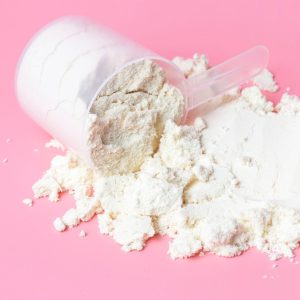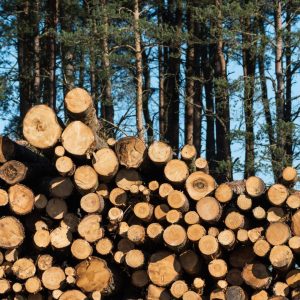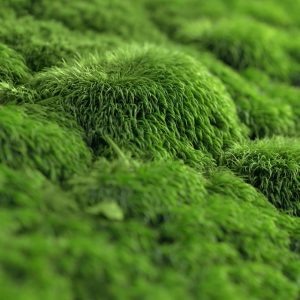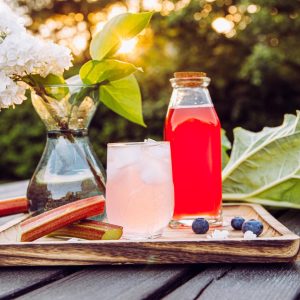We are saving humanity with turbo trees and plastic-eating bacteria - setting the stage for new narratives
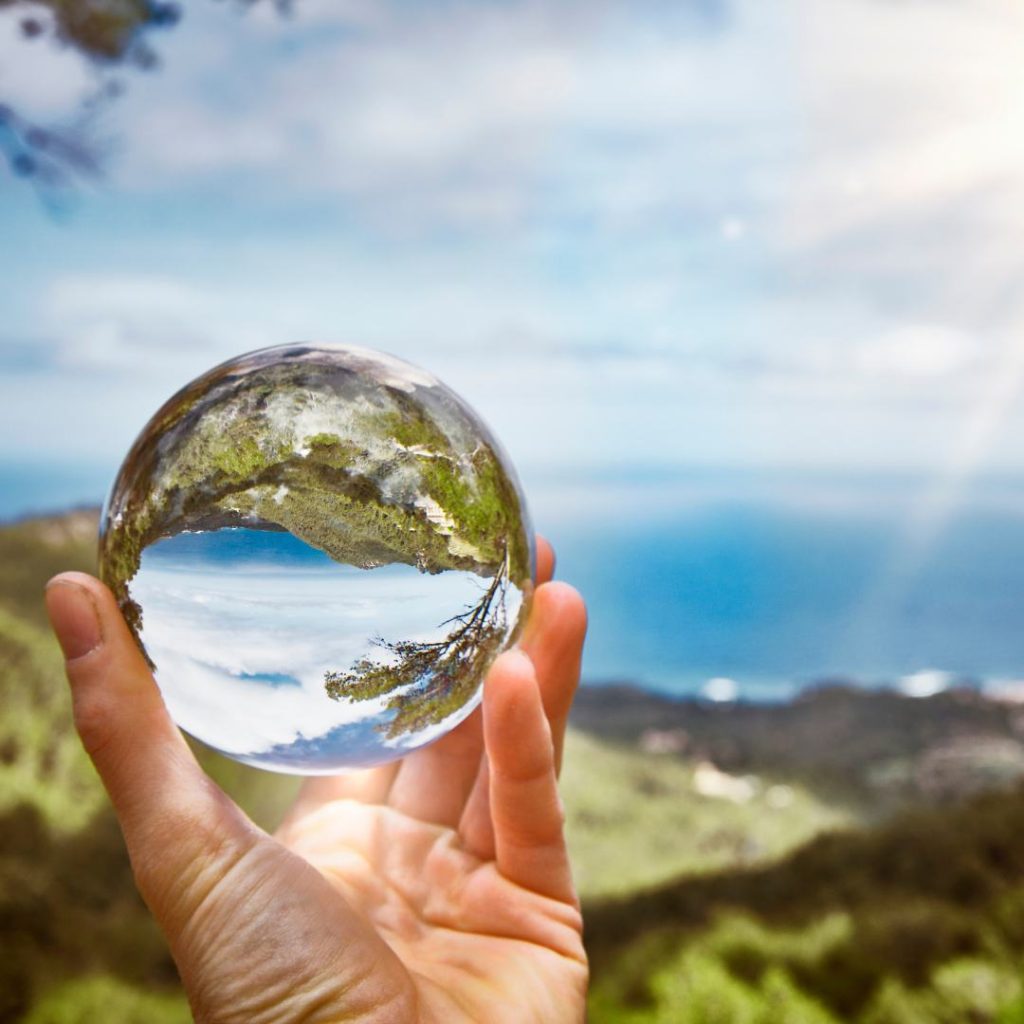
Have you ever heard of synthetic biology? It could be a key technology for the future, but there are no images on the horizon that allow us to recognize this possibility at all.
Tara Shirvani, the Vienna-born expert on sustainability, climate financing and environmental protection, answered questions from science.ORF.at about saving the climate, or rather saving life on planet Earth.
As the title of her book published last year, "How we can save the climate, get the garbage out of the sea and do all the rest brilliantly" , suggests, she has relatively well-researched solutions.
Turbo trees
"It takes around 20 years for a poplar seedling to become a fully grown tree. But we no longer have 20 years in climate protection. On the other hand, we need huge areas of forest to reduce a relatively small percentage of CO2 emissions, which raises the question: is there a way to speed up this whole process?"
According to Tina Shiryani, there is. These are so-called hybrid poplars, in which genes from pumpkins or algae are synthetically inserted to make them grow faster.
A lot of energy is going into this idea, especially in North America, and yes, it is possible. You could build these hybrid poplars with more efficient genes that help to make the photosynthesis process much more efficient.
Plastic-eating bacteria
Bacteria that are simply released and feed on plastic, making the sea plastic-free - science fiction? No.
Although research is still ongoing and some features are being tested to prevent horror scenarios from breaking out, it is possible - and not as far away as we might think.
Demand for cattle breeding will fall by 70 % by 2030
"In a biological sense, every food is actually a package of nutrients. The contents of the package consist of proteins, fats, carbohydrates and vitamins. Through synthetic biology, we now have the ability to produce some of these important nutrients precisely and much more cheaply, in a process that is much more efficient than breeding a whole cow. Let's take the example of milk: cow's milk as we know it actually only consists of three percent of the key protein that makes up milk; the remaining percent is actually just water, sugar and then some fats. It's only about the three percent of this key protein to really replace the milk, then I have exactly the same cow's milk. And if I know which genes are responsible for this, I can replace these three percent with synthetic, biological tools. Then I can actually change the entire cow's milk industry radically, exponentially and very quickly. The rest of the cow would then no longer be needed, because it takes a relatively long time for a cow to grow up and be used as part of food production. There are already companies in Australia and Asia that are saying: okay, we can now replace these three percent of the key protein that is responsible for milk production synthetically."
Tina Shiryani in conversation with science.ORF.at
Why has it failed so far?
In Singapore, chicken meat from cell culture is available in stores as normal. Two products have also already been approved in the USA. For us Europeans, this sounds like science fiction.
"If we were to consider colonizing an alternative planet or Mars now, we wouldn't be able to take productive land or our food with us as we produce it today. We know the DNA structure of all foods and all nutrients such as proteins, carbohydrates and fats, and we have the tools to read, write and modify the biology at a fraction of the cost and much more easily than ten years ago. This also allows us to produce many of these nutrients biologically in the lab. I think synthetic biology always sounds very synthetic, but we are taking the same information that exists in nature and recreating it as part of a completely new system."
Do we need new images in our heads?
The concept of nature in Europe is probably more romantic than elsewhere. Should we say goodbye to it? Or at least broaden our horizons?
Large parts of our agriculture are already based on synthetic biology - so are we just lying to ourselves about this image of nature?
Questions that need to be discussed at a broad level.
